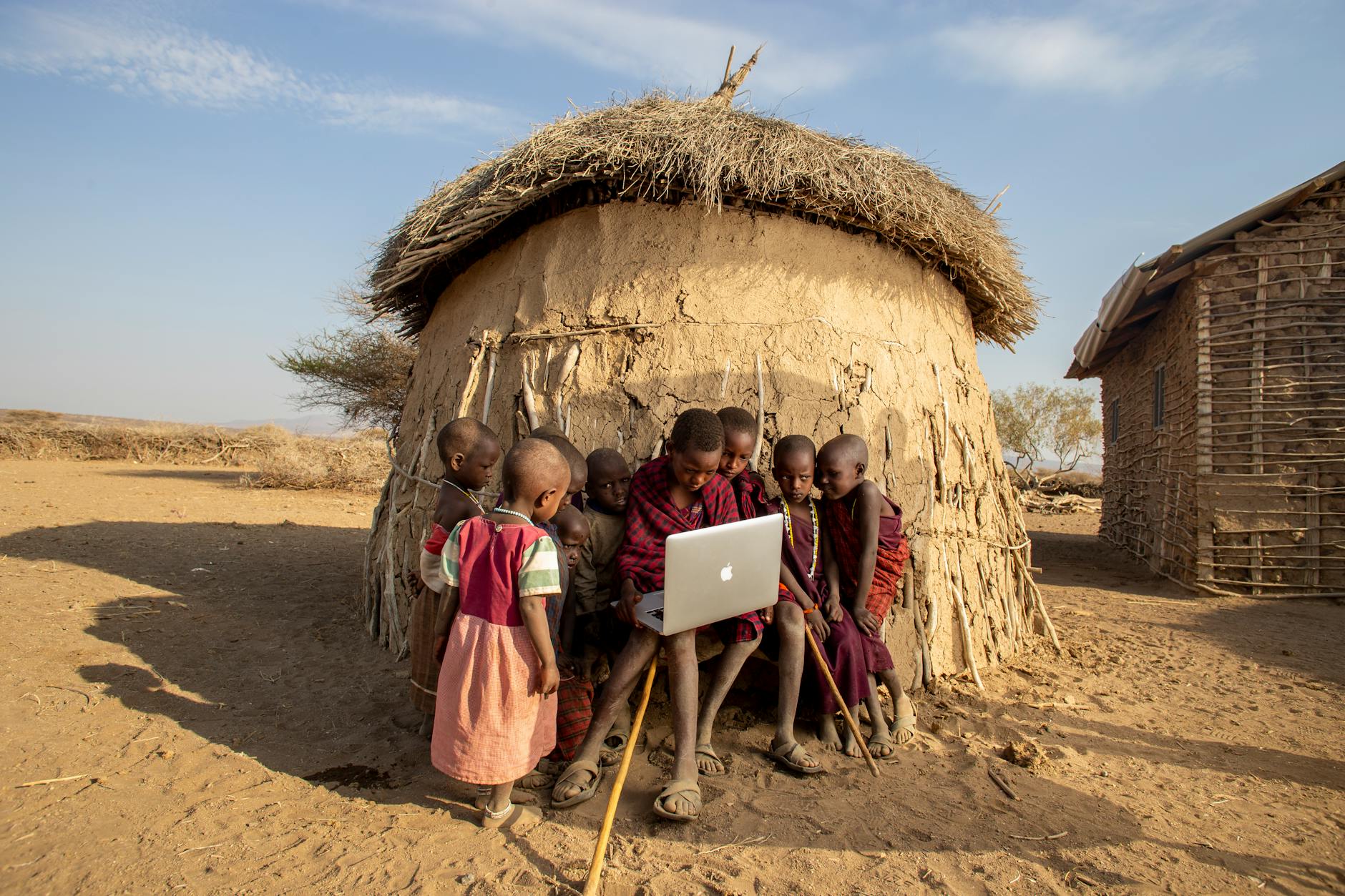In a landmark projection released by the Edison Electric Institute (EEI), investor-owned U.S. electric utilities are expected to spend more than $1.1 trillion in capital investments from 2025 to 2029. This historic surge in spending highlights the aggressive push to modernize aging grid infrastructure, expand renewable energy capacity, and meet surging demand from data centers, electric vehicles, AI, and electrification across the economy. While this rapid acceleration marks a new era of domestic infrastructure resilience, it also casts a glaring spotlight on the energy imbalance between the developed and developing world, especially Africa.
The U.S. Grid Boom: A Strategic Pivot
The EEI’s report reflects the highest level of capital expenditures in the U.S. utility sector’s history. These funds are earmarked for a broad spectrum of initiatives—from upgrading transmission lines and substations to deploying distributed energy resources, advanced metering, and battery energy storage systems. With AI-driven cloud services and EV charging stations adding intense pressure to the grid, utilities are racing to future-proof their networks.
This transformation is being driven by both federal incentives and market dynamics. The Inflation Reduction Act, for instance, has supercharged investment in clean energy and grid upgrades. Utilities are also responding to investor pressure to meet ESG benchmarks and decarbonize their portfolios.
Meanwhile, Africa Waits for the Lights to Come On
While the U.S. prepares for a high-tech energy future, hundreds of millions in Africa still live without access to reliable electricity. The International Energy Agency (IEA) estimates that over 600 million Africans lack access to electricity, a staggering figure that underscores the region’s chronic infrastructure deficit.
The irony is bitter: Africa is home to abundant energy resources—from vast solar potential in the Sahel, to rich hydro resources in the Congo, and some of the world’s largest undeveloped reserves of natural gas and critical minerals. Yet, the continent remains on the margins of global energy investment. In 2022, less than 3% of global energy investment went to Africa, despite its rapid population growth and emerging markets that could fuel global demand for decades.
A Missed Opportunity—or a Strategic One?
This massive disconnect presents a paradox and an opportunity. As U.S. and European utilities race to secure clean energy inputs, Africa holds the key to many of these resources, including copper, cobalt, lithium, and rare earths essential for electrification. Yet, the infrastructure to harness these assets—both for domestic use and global export—is severely underdeveloped.
African nations are increasingly seeking partnerships that support energy sovereignty and local value chains, rather than exploitative extractive models. This creates room for forward-looking offshore investors to participate in co-developing infrastructure that serves both Africa’s needs and the global clean energy supply chain.
The Case for Offshore Investment in African Energy
Africa’s untapped energy market is not just a humanitarian concern—it’s a generational investment opportunity. Offshore investors can participate in building solar farms, grid infrastructure, BESS projects, green hydrogen facilities, and waste-to-energy systems with support from ESG-aligned finance and sovereign guarantees.
While the U.S. and other G7 economies focus on shoring up their own power grids, the next wave of global growth will be dictated by how successfully the developing world, especially Africa, is electrified. For investors willing to act now, Africa is not just a frontier—it’s the future.
At Invest Offshore, we are actively working with stakeholders to bring scalable energy projects to life across the continent. Opportunities in West Africa’s Copperbelt and East Africa’s renewable corridors are open for exploration.
Contact us to learn more about energy investment opportunities in Africa and beyond.

Leave a Reply